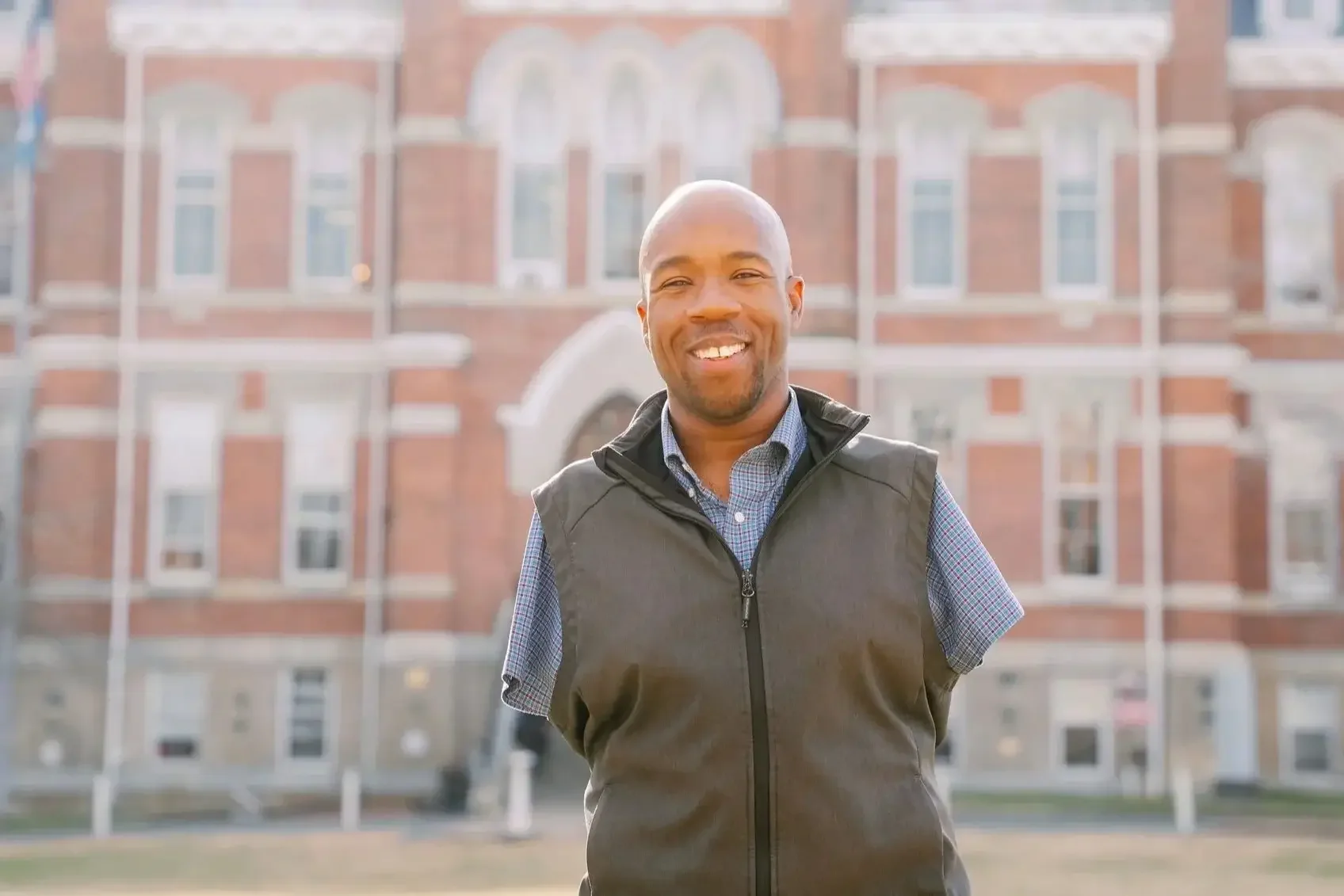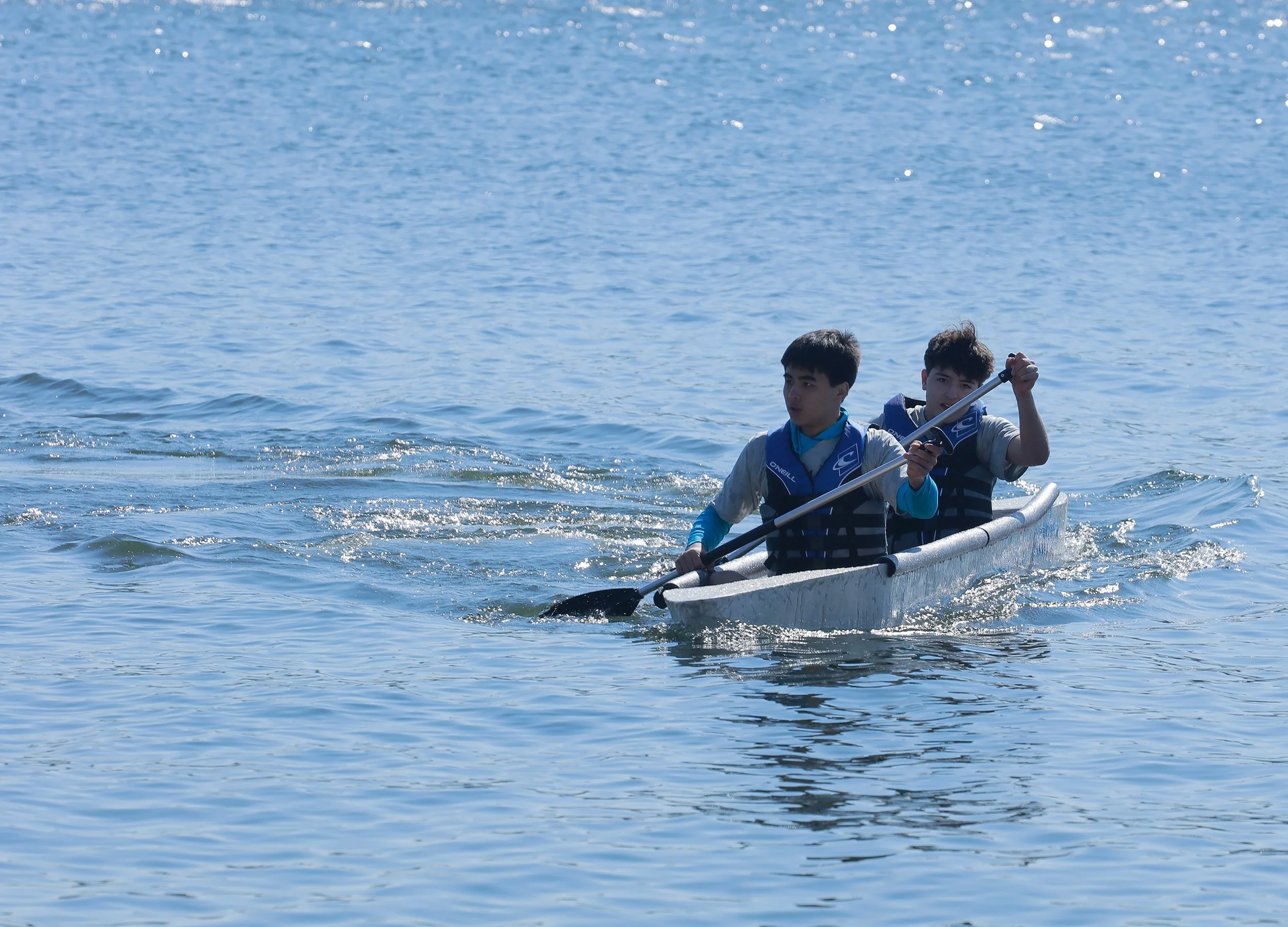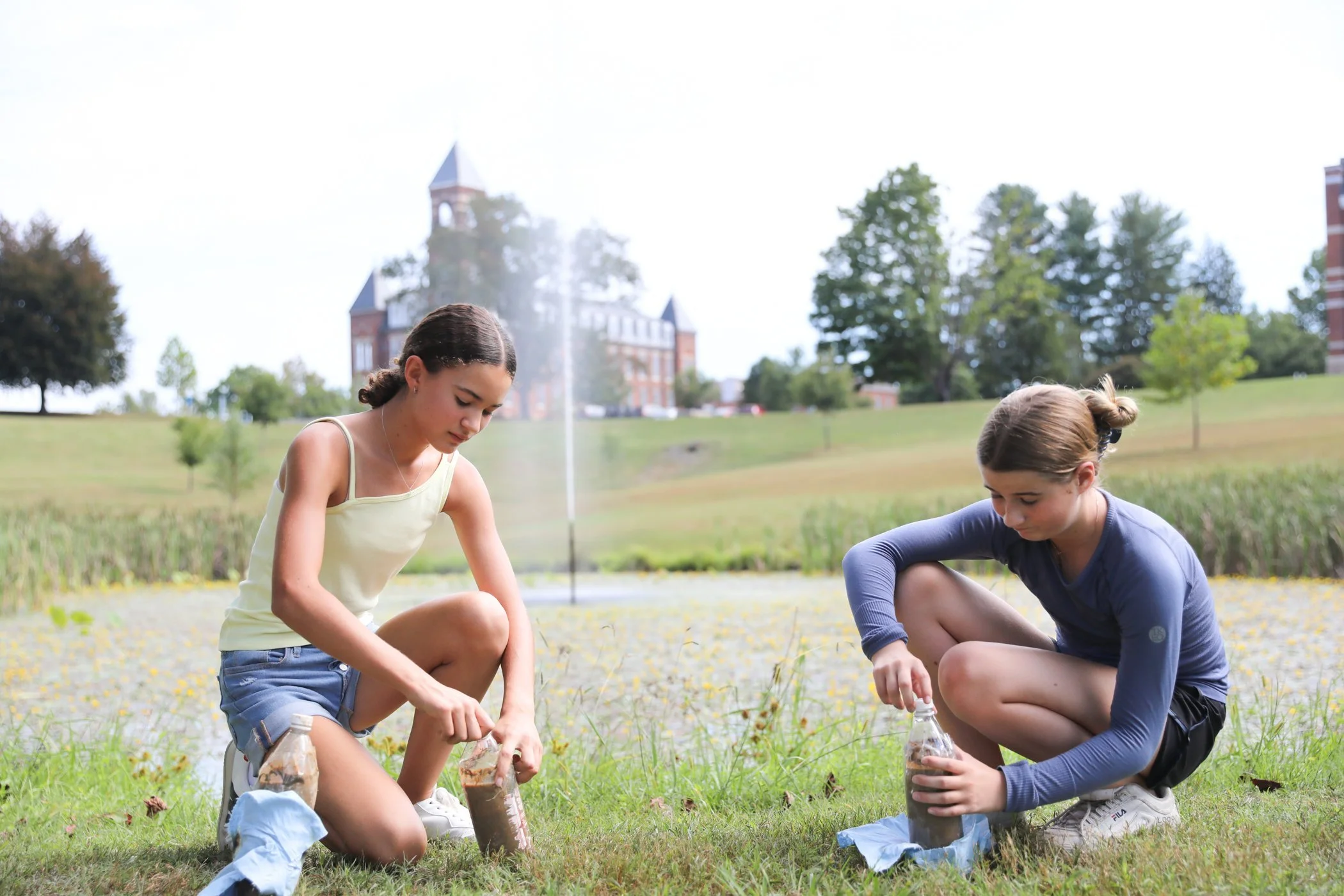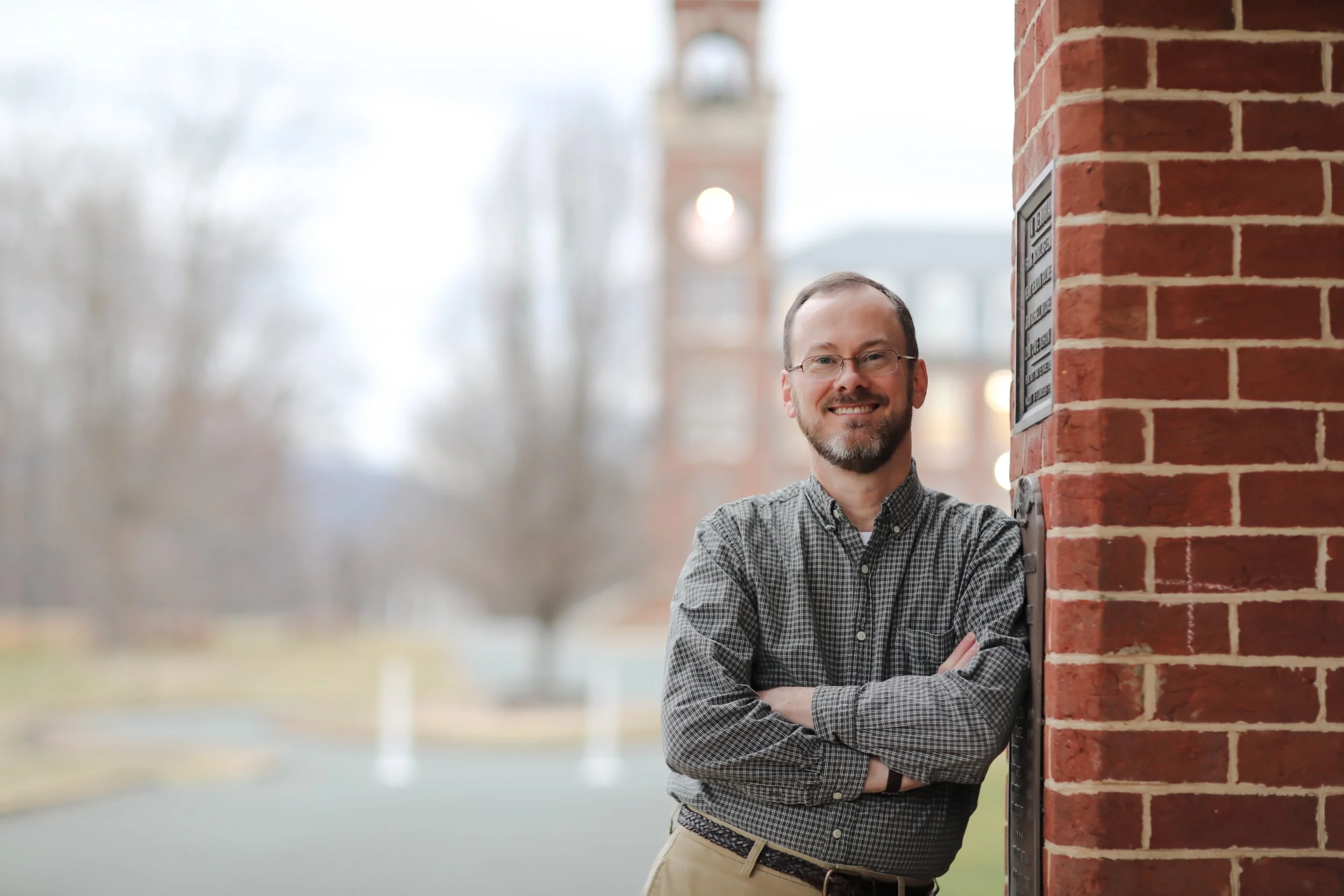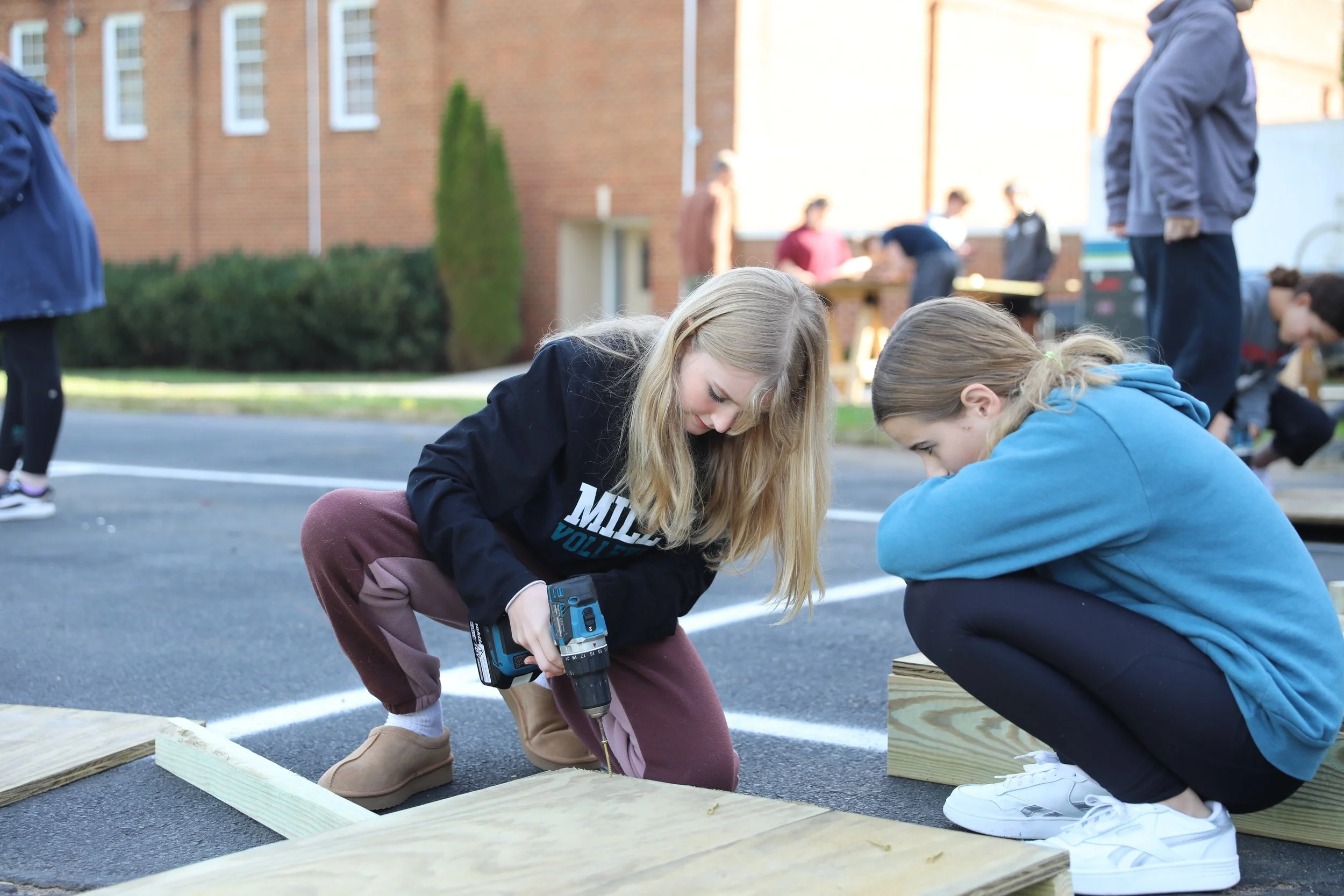Overview
The Engineering Program is designed to inspire and promote curiosity in this diverse field while exposing students to various disciplines from traditional engineering fields (such as Civil and Mechanical) to more modern engineering fields (such as Biomedical, Environmental, and Chemical).
customScrollSection
The Nature of Art & Engineering
Through observation and a steady sketchbook, Siri Hervelsen offers the engineering team something no software can replicate: intuition for how a vessel should feel.
Engineering Stories
MORE INFORMATION
-
Students interested in learning more about engineering are encouraged to participate in MSA’s Engineering Program. Multiple facets of academia are incorporated into the Engineering Program curriculum all of which are in line with the school mission of a continued emphasis on “mind, hands, and heart.” A full program description, including required and recommended activities, is listed below. Credits can be earned towards major and minor certificates of completion based on both academic and co-curricular activities.
-
To gain entry into the Engineering Program students must submit an application which includes a questionnaire, three brief essays, and an interview with the program director. The program is open to students in all grade levels. Those who complete the program successfully, in addition to meeting MSA graduation requirements, will receive a major or minor certificate of completion upon graduation based on how many Engineering Program credits a student achieves during their tenure at MSA.
-
Colleges and Universities are specifically looking for students who have taken full advantage of every opportunity given to them. The MSA Engineering Program has been uniquely designed to allow students to do just that. Through this program students are encouraged to take higher level courses in both mathematics and science, including AP and dual enrollment courses. Our progression of engineering courses allows students to continue to grow and develop their understanding of engineering while refining their skills and focus. This is in line with the expectation from most engineering colleges that students use their STEM coursework in high school to add breadth and depth to their academic foundation. It is important to note that obtaining a Engineering Program certificate of completion does not guarantee admission into a college-level engineering program.
-
The goal of the Engineering Program is broad reaching. Initially, the goal of the program is to inspire and promote curiosity for engineering. It is through this awareness that students’ perspectives are opened to the wide-reaching avenues of engineering. After students become familiar with the general notion of engineering, the Engineering Program is designed to expose students to various engineering disciplines from traditional engineering fields such as Civil, Chemical, and Mechanical to more modern engineering fields such as Biomedical, Environmental, and Systems Engineering. During this process, Engineering students will explore the engineering design process and how it differs from the Scientific Method. Additionally, students will learn the basics of 3D CAD (Computer-Aided Design) software and modeling along with its various applications within nearly all engineering fields. All of these goals culminate in preparing students for their upcoming search for a suitable engineering college followed by the academic rigors that await them as they pursue their engineering and general STEM interests at the next level.
-
The intent of the Engineering Program is to expose students to as many different aspects and facets of the engineering profession and its many fields of study. To that end, there are no specific requirements that must be fulfilled in order to complete the program (other than successfully completing an advanced engineering course). Rather, the program has been structured to reward students with credits as they enroll in, and complete, a wide variety of mathematics, science, technology, and engineering-related courses and activities.
-
Christine Zito
✉︎ czito@millerschool.orgRich Magee
✉︎ rmagee@millerschool.org


